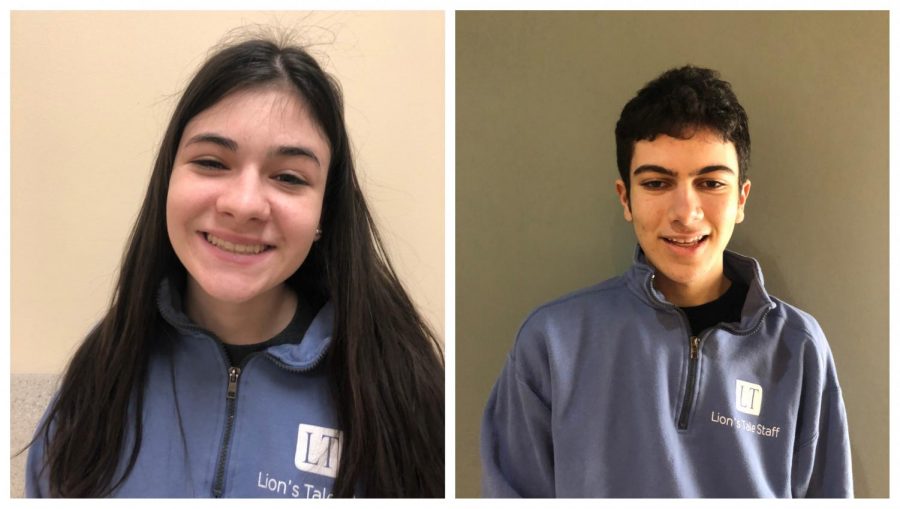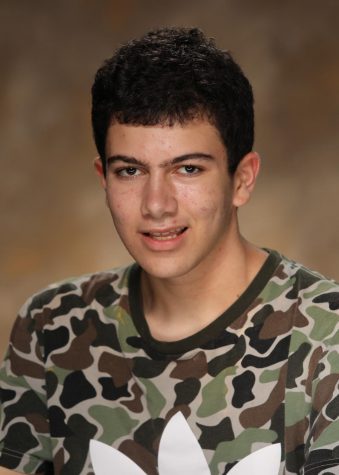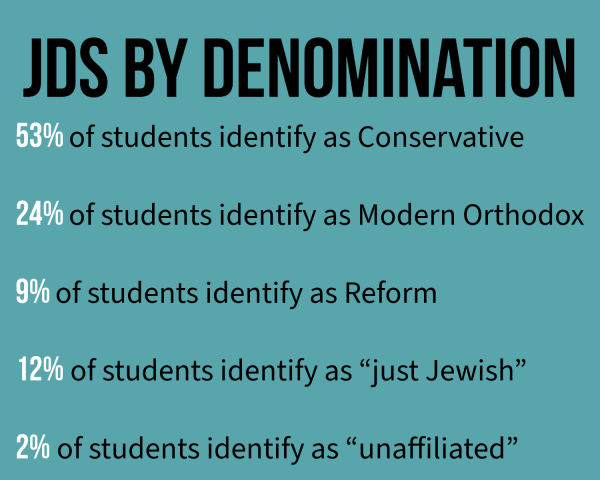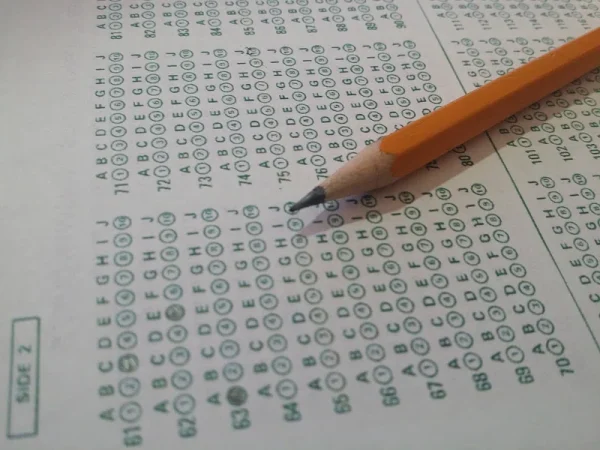The great language debate: Should Hebrew be a required course at CESJDS?
Below are two responses to the following prompt:
Other Jewish day schools do not require Hebrew to be taught at their schools. However, CESJDS currently counts Hebrew as a required course. Should the language be required at JDS?
Reporter Mimi Lemar argues that Hebrew should be a required course. Her opinion is located on the top of the page. However, reporter Sam Schwartz believes that Hebrew should not be a required course, and his opinion is located on the bottom of the page.
Yes, it should be:
Hebrew is an extremely difficult language to learn; it is mainly spoken in Israel and it has a completely different alphabet than English. So, why should we take it? Hebrew is an incredible language that connects us to everything Jewish from prayer to text to Israel. Being new to CESJDS this year, I do not know a ton of Hebrew yet, but of what I know, I feel a sense of accomplishment when using it in my daily life.
Director of Jewish Life Stephanie Hoffman said, “Having a foundation in [Hebrew], whatever level that is, opens up so many doors to other things within Judaism and Jewish life and Jewish learning.”
When learning Hebrew, I reveal so many things about myself as a member of the Jewish community, such as my strengths and weaknesses. For example, I’ve discovered my strength of recognizing the roots of words. In Hebrew, many words have the same roots and similar meanings, which makes it so much easier to recognize and learn.
Hebrew teacher Talya Edery said, “I’m so happy when I see a student when they really start to learn Hebrew and how they progress and learn and grow.”
It is incredible when you actually start to understand the Hebrew language. If you have been taking it your whole life, you may not remember the magic you experienced when beginning to learn Hebrew. When I see a word on the wall of JDS and am able to read and understand it, it is magical. When I can say a sentence in Hebrew that relates to a situation, it is magical. When I overhear someone speaking in Hebrew and am able to understand bits and pieces of their conversation, it is magical.
Another reason to study Hebrew is to be able to interpret original texts on our own. I have begun studying the Tanakh in Biblical Literature class and we read the Tanakh, which has been translated from Hebrew. Once I advance my Hebrew skills, I am excited to find out how much more I can learn from reading the Tanakh and having a different interpretation than whoever translated it.
“I think very much that every translation is an interpretation, so if we rely on somebody else’s translation instead of being able to access it on our own, then we were looking at somebody else’s interpretation,” Hoffman said.
There is an entire culture that you can only access and fully understand by knowing Hebrew. Whether it is through the Hebrew songs that we sing at Zimriyah, the Hebrew prayers that many of us recite each morning in Zman Kodesh or by studying Tanakh, we learn Hebrew every day without knowing it.
Hoffman said, “It’s not only an academic language but it’s a living language. When I’m in Israel, being able to to be a part of that culture in some way[s] is kind of amazing.”
Although Hebrew may not be everyone’s favorite class, it is so much more than a language; it is a culture. We are extremely fortunate and privileged to be able to learn and study Hebrew freely because many are not able to. We should be grateful for the magic we experience every day while speaking the language of our ancestors.
No, it should not be:
Hebrew has long been considered a core piece and staple of Jewish curriculum at CESJDS. Yet after the Jewish Community High School of the Bay in San Francisco and others in the United States shifted their opinion on requiring students to take a Hebrew language course, JDS should as well.
As a student who has personally struggled to grasp the language, I have questioned why understanding a language spoken by less than two percent of the world, according to Israel Hayom, is imperative to learn. The answer I typically receive is that if I travel to Israel, I will be able to communicate with locals. This was never satisfactory to me.
Sitting through Hebrew class has become increasingly frustrating, though not because the assignments within the class are difficult to complete. At pluralistic Jewish high schools, there tends to be a focus on providing a range of classes that assist students in finding their own idea of their Judaism.
While for some, the Hebrew language provides a powerful connection to the development of their personal beliefs, for others the language is simply just a language. A Hebrew language course is undoubtedly helpful to many students, but for others who do not feel a personal connection to the language, other options should be available.
Hebrew should be an optional course, as it is just one of many ways one can connect to their religious identity.
JDS strives to create a culture of acceptance and understanding of all forms of Judaism, yet I still struggle to identify with any of the Jewish communities within our school.
I feel that because I am neither observant nor have a personal connection to Israel and the Hebrew language, I have never found others who share similar understandings of what it means to be Jewish.
Hebrew had been touted as my key into a Jewish community, yet after eleven years, my struggle to learn the language has made me feel even further from finding a place to call home.
I came to assume that because I didn’t possess a spiritual connection to my religion and I didn’t gain anything but frustration out of the language, Judaism as a whole may not be for me. Obviously, this could not have been the intention of a Jewish day school, so what was I missing?
My confusion in searching for a religious identity led me to pursue conversations with other JDS students. I tried to initiate an open dialogue between some of my friends in an attempt to find some common ground.
I came to discover that not only did many of my classmates share pieces of my religious ideology, but many were also in agreement that Hebrew did not provide the bridge into Jewish culture that we had been told was intended.
Learning Hebrew is undoubtedly a source of religious pride for many JDS students, yet for others, the language has done more to alienate them than to draw them closer to finding their own identities.
I have always been told that if Hebrew does not bring me any spiritual value, I should look at the class as simply as a language course, like Spanish or French.
Yet if the school is able to recognize that Hebrew is, to some students, just another language course needed to graduate high school in the state of Maryland, why is it required?
The goal of the religious curriculum at our pluralistic school is to help students find a religious identity in whatever way they feel fits them, and while Hebrew can provide a clue into the identity of some, it is just one of many potential insights into our own individual spirituality.
Hebrew should be an option, not a requirement, at JDS.
This story was featured in the Volume 36, Issue 5 print edition of The Lion’s Tale, published on March 15, 2019.








